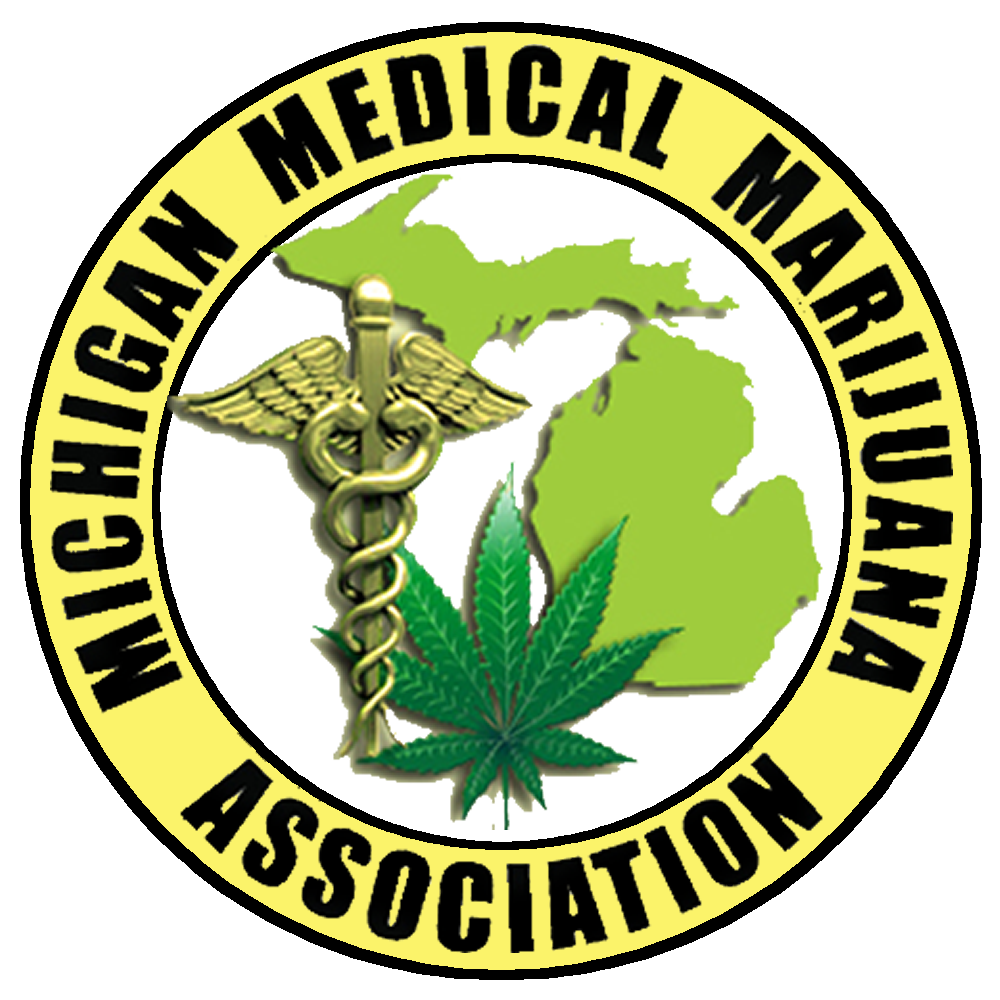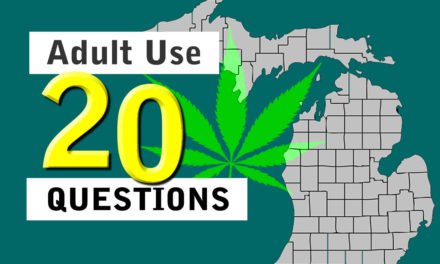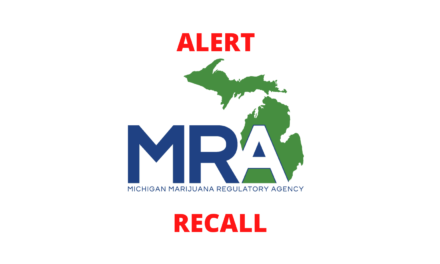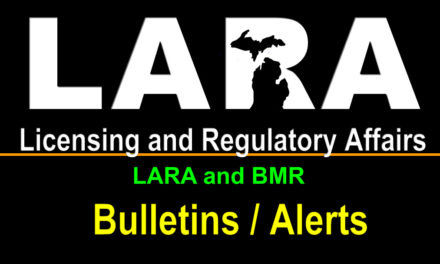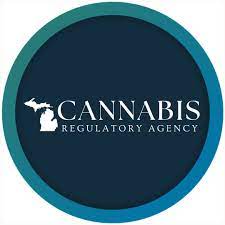Marijuana growing and processing operations may be subject to Michigan Department of Environment, Great Lakes, and Energy (EGLE) regulations. The following is a summary of environmental regulations that apply to cannabis cultivation and processing. It is the responsibility of the licensee to comply with all applicable regulations. If you need assistance in understanding the environmental regulations or how to achieve compliance.
PROTECTING MICHIGAN’S AIR
EGLE ensures that Michigan’s air remains clean by regulating sources of air pollutants to minimize adverse impact on human health and the environment. Goals are to meet and maintain air quality standards, limit emissions of hazardous and toxic pollutants, and inform the public about current air conditions.
AIR
- Permit to Install (PTI) – Every stationary source of an air pollutant is required to obtain an approved PTI before installing equipment. Some exemptions may apply. Go to Michigan.gov/Air then choose “Permits.”\
- Renewable Operating Permit (ROP) – Renewable Operating Permit (ROP): I required if your activity or process has the potential to emit at or above the major source threshold for any air pollutant. Go to Michigan.gov/Air the choose “Renewable Operating Permits (ROP) / Title V.”
LEGAL REPRESENTATION
It is recommended that your cannabis business retain corporate legal services to advise, research and protect you from the constant addition of regulations and compliance rules. If you are not licensed by the state then the time to do it is now. Komorn Law is most recommended and has been on the frontlines of the evolving medical and recreational cannabis business from the beginning. Contact their Office 248-357-2550 or visit KomornLaw.com
MATERIALS MANAGEMENT
- Permits, Licenses, Authorizations and Procedures: Depending on the character and volume of waste generated, you may require a permit, license, other authorization, or implement procedures to manage the following wastes from your facility.
- Solid waste – Marijuana (cannabis) wastes can be incinerated at an approved facility, sent to a licensed municipal solid waste landfill, or composted at an approved site. A list of approved sites can be found at Michigan.gov/egleCompost.
- Hazardous Wastes – items like grow bulbs, batteries, cleaning chemicals, extraction chemicals, and pesticides could be a regulated hazardous waste. For more information please go to Michigan.gov/egleWaste, then choose “Hazardous Waste.”
- Liquid Industrial By-Products – visit Michigan.gov/egleWaste, choose “Hazardous Waste,” then “Hazardous Waste and Liquid Industrial By-Products.”
- Liquid industrial By-product shipped off site for disposal may require a registered and permitted transporter. Go to Michigan.gov/egleWaste, then choose “Transporters”.
Solid waste and hazardous waste marijuana guidance can be found at Michigan.gov/MRA under “Laws, Rules and Other Resources.” Select “MRA Bulletins.”
WATER
- Water Withdrawal Permit – Michigan.gov/WaterUse
- Groundwater or Surface Water Withdrawals
- Large Quantity Water Withdrawals
- Soil Erosion and Sediment Control / Stormwater Construction Permit – Michigan.gov/SoilErosion
- National Pollutant Discharge Elimination System Permit, for Wastewater Discharges Michigan.gov/egleNPDES
- Groundwater Permit, for Wastewater Discharges – Michigan.gov/GroundwaterDischarge
- Floodplain Permit – Michigan.gov/FloodplainManagement
- Wetlands Protection Permit – Michigan.gov/Wetlands
- Inland Lakes and Streams Protection Permit – Michigan.gov/egleInlandLakes
- Great Lakes Shorelands Permit – Michigan.gov/Shorelands
- EGLE/USACE Joint Permit Application Michigan.gov/JointPermit
This publication is intended for guidance only and may be impacted by changes in legislation, rules, policies,
and procedures adopted after the date of publication. Although this publication makes every effort to teach
users how to meet applicable compliance obligations, use of this publication does not constitute the rendering
of legal advice.

